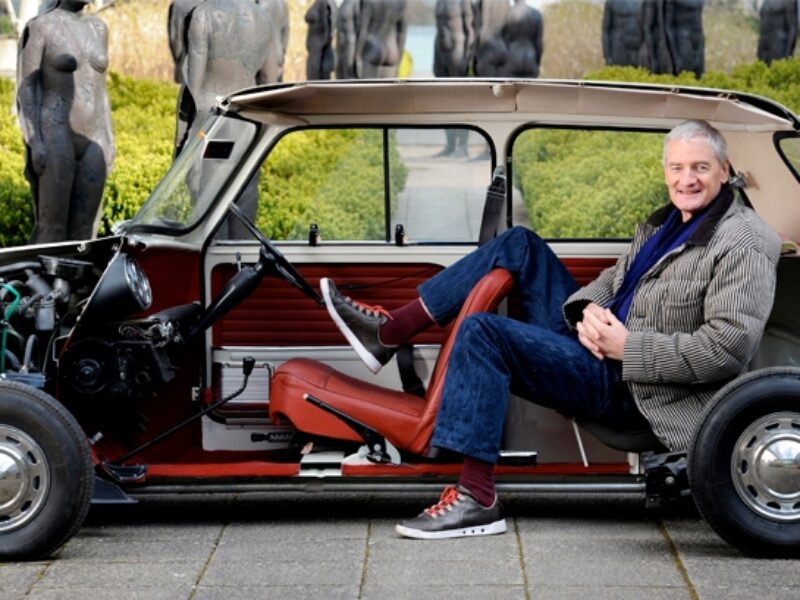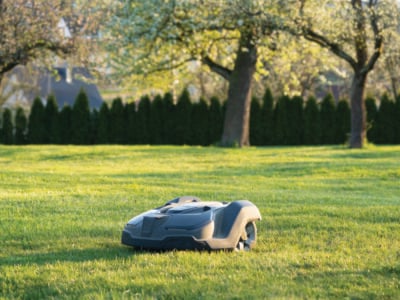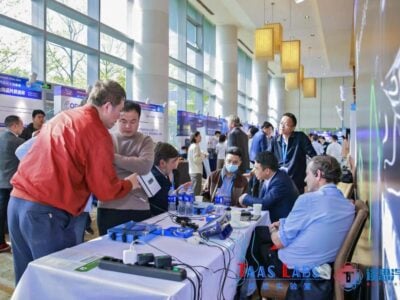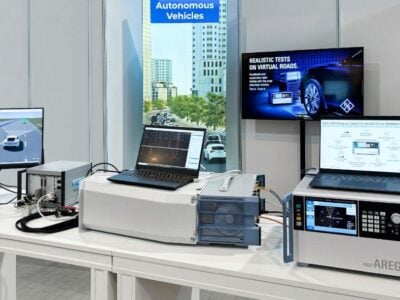
Dyson invests £2bn in electric car and battery development
The company already has a team of 400 engineers working on the car design which is planned for launch in 2020 based around its digital motor technology. Dyson plans to double the size of the development team at Malmesbury in the UK over the next two years.
The secretive company has not said whether this is the launch of a concept vehicle or a production model remains unclear. A production model would be tested on the roads in 2019 and so the car design and the battery technology would have to be at the advanced prototype stage already. How and where the batteries would be manufactured is also not disclosed and would be a major issue for the production of the vehicle.
Half the investment will go on new battery technology says founder and chief engineer Sir James Dyson in a letter to staff. The Dyson company bought US solid state battery developer Sahkti in 2015, although in April this year was reported to have changed direction on the battery development.
“If we are to continue to create new and disruptive technology, we must develop more advanced core technologies,” he said. ” We have invested nearly $310m into the research and development of the Dyson digital motor, a technology that now powers our most successful machines. We will do the same with batteries. Sakti3 has developed a breakthrough in battery technology and together we will make this technology a reality.”
The UK government has provided £16m ($20m) for the project.
“With tech players such as Dyson now entering the electric car market, it is clear that the competition in the sector is reaching new heights and is ripe for disruption,” said Taavi Madiberk, CEO of European ultracapacitor maker Skeleton Technologies. “Dyson’s move into this market is set to further ignite an already dynamic sector, resulting in wider adoption and interest in EV and alternatively fuelled vehicles.”
This follows Daimler’s announcement of a $1bn investment in battery technology for electric cars. This was challenged by Elon Musk, CEO of elctric car maker Tesla, as too low, and Daimler confirmed it plans to invest $10bn in its electric car programme.
Several European companies are building major plants for making batteries. BMZ in Germany, Samsung SDI in Hungary and Northvolt in Sweden are all building huge ‘gigafactories’ to support car production, and TerraE has also launched a foundry system for battery production.
This will put mor epressure on the power grid, says Madiberk at Skeleton. “Government, industry bodies and innovators in the sector must work together to support energy storage technologies that complement the grid, such as ultracapacitor and battery technology. Only by having a stable and reliable energy infrastructure will the country be able to benefit from the exciting electric vehicle technologies that industry innovators such as Dyson will bring.”
Related stories:
- ROMEO POWER TAKES ON TESLA WITH US BATTERY GIGAFACTORY
- CONSORTIUM SETS UP BATTERY GIGAFACTORY ‘FOUNDRIES’
- STARTUP PLANS NEW LITHIUM-ION BATTERY GIGAFACTORY
- SAMSUNG SDI COMPLETES ITS EUROPEAN BATTERY GIGAFACTORY
 If you enjoyed this article, you will like the following ones: don't miss them by subscribing to :
eeNews on Google News
If you enjoyed this article, you will like the following ones: don't miss them by subscribing to :
eeNews on Google News




